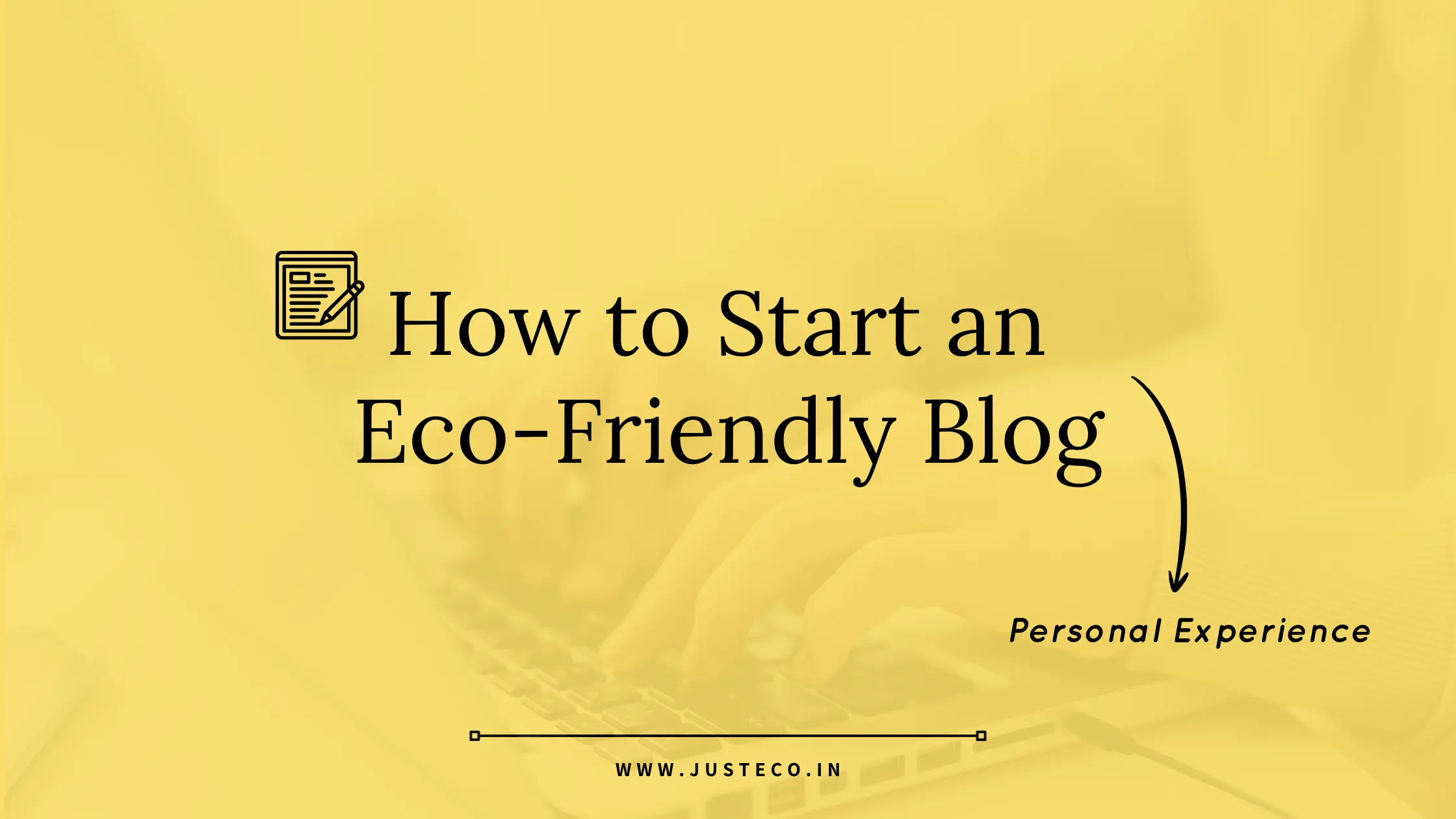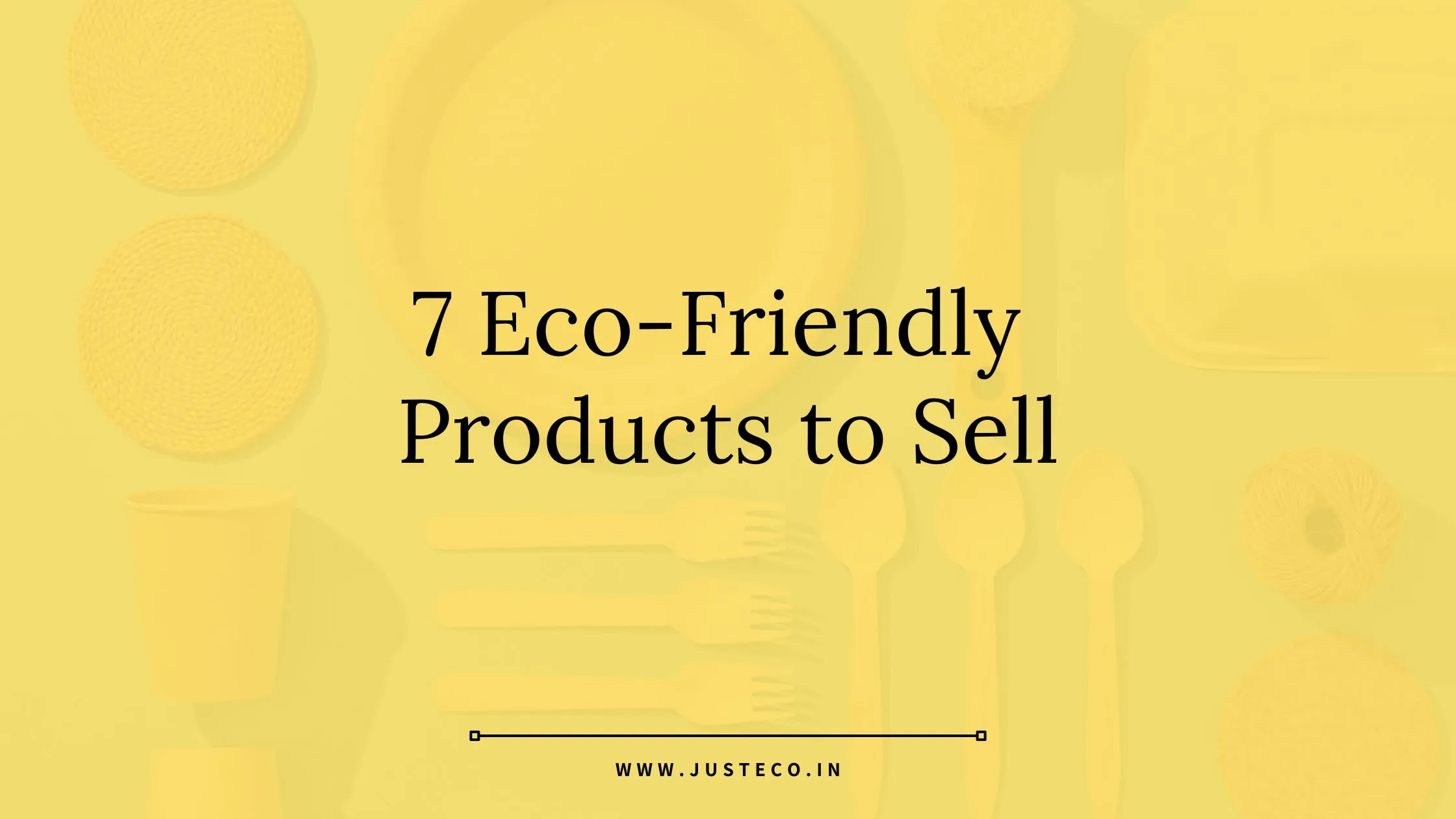During summer, the first skincare product we all think about is sunscreen. On these heavy temperatures days, it is essential to use sunscreen for our skin. Not only during summer, but temperatures have also been changing noticeably due to climate changes. Everybody should use sunscreen during the time of high temperatures.
Whether you work in the garden or travel on a bike for work, or want to spend some time at the beach, wearing sunscreen prevents your skin from UV rays. But do you know that many sunscreens harm the environment around us?
Sunscreens that contain harmful synthetic substances cause adverse effects on our skin as well as marine life. If they have non-biodegradable packaging, many of them will increase the wastage on earth and affect the environment very badly. That’s why it is imperative to choose eco-friendly and zero waste sunscreen.
Today, let us explore more about the importance of eco-friendly and zero waste sunscreen and also explore the facts of why we should choose them.
No products found.
Table of Contents
ToggleWhat is zero waste sunscreen?
As the name implies, zero waste sunscreen is waste-free. That means, from its formula to the material of the packaging is either biodegradable or recyclable. Most of the zero waste sunscreen products available in the market are biodegradable. These sunscreen products don’t increase the landfills and will break down easily.
Along with biodegradable packaging, the best zero waste sunscreen products should be free of harmful ingredients- oxybenzone and octinoxate. Along with this, it should be paraben-free too, and these compounds can harm marine substances. Typically, sunscreen should be made up of environmentally friendly and skin-friendly mineral-based ingredients.
What & How traditional Sunscreen Works
Traditional sunscreen normally contains chemicals such as oxybenzone, octinoxate, paraben, and other chemical substances.
After applying to the skin, these substances get absorbed into the skin. When sun rays land on the skin, these chemicals absorb the rays, and a chemical reaction occurs. Because of this chemical reaction, the UV rays turn into heat, which will be released from the skin. Usually, traditional sunscreens can protect the skin either from UVA rays or UVB rays, whereas a natural sunscreen, which uses minerals, can protect the skin from both types of rays by reflecting them.
Let us talk about the harm these products cause to our skin. Experts clearly say that oxybenzone is not at all safe for the skin. When it gets enters the skin, it causes hormonal imbalance, skin reactions, harm to the reproductive system, and photo allergies. It can sometimes cause breast cancer too. Octinoxate, on the other hand, will show bad effects on reproductive organs in both males and females. Studies have shown that it exhibits antiandrogenic activities- harmful effects on reproductive organs and affect fetuses.
When you go snorkeling, diving, or swimming wearing these traditional sunscreens, the sunscreen gets wiped off and enters the marine system. The chemical compounds in these products have very bad effects on coral reefs. They kill or bleach the coral reefs. Once they are bleached, it will take a minimum of 12 years to return to the normal position. But if they are killed, the process is not reversible.
Do you know that 25% of marine species depend on these coral reefs at least some point in their lives? Also, coral reef ecosystems provide food, income, and coastal protection to around 500 million people globally. By wearing these chemical-filled sunscreens, we are causing irreversible effects on the ocean. That’s why places like Hawaii banned sunscreens containing oxybenzone and octinoxate to protect the coral reef. They are only allowing mineral-based, reef-safe sunscreens.
Why should we use eco-friendly, zero waste sunscreen?
why should we use eco-friendly, zero waste sunscreen? The reason is simple. Eco-friendly, Zero waste sunscreen doesn’t have these chemical compounds which harm any ecological system and contains zero waste. Considering the need to protect the environment around us, we must shift to eco-friendly products. If you are following veganism, you can also find zero waste vegan sunscreen products online. There are many brands promoting vegan products across the globe.
Things to consider to choose the best zero waste sunscreen
By this point, you must have had a brief idea of what is zero waste sunscreen and how it is different and preferable from the traditional sunscreen filled with chemicals. Now let us briefly discuss things to consider while buying the best zero waste sunscreen.
1. Packaging
The first thing you should consider is the packaging of the product. It is mostly the packaging that derives the product, whether it is a zero-waste product or not. Zero waste implies that, in a perfect world, you would never need to dispose of anything since you could use it repeatedly.
The greatest option, if that’s not possible, is composting. Recycling should be the last option. Tin, glass, and compostable materials are frequently used to create zero waste sunscreen packaging.
2. Ingredients
The ingredients of the product should be mineral based—these minerals, titanium dioxide, and zinc oxide, function by deflecting sunlight away from the skin. Make sure the minerals in any mineral-based sunscreen you choose aren’t nano.
Nanoparticles can get through the skin’s protective barrier and lead to harmful cells, and they are not reef-safe because marine creatures can consume them. That’s why you should always choose non-nano titanium dioxide and zinc oxide. Always consider this when you are buying a zero waste vegan sunscreen.
3. Broad spectrum
The sunscreen should contain a broad spectrum option, which means it can protect the skin from both UVA & UVB rays.
4. Reef-safe
As discussed above, the sunscreen should be reef safe, i.e., it shouldn’t contain any chemicals and nano minerals.
5. Water resistant
It is another choice to choose a water-resistant sunscreen while swimming or entering the marine world. If the sunscreen is water resistant, it not only be on your skin for a long time but also doesn’t get dissolved into the water.
Best 7 Zero Waste Sunscreen
Raw Elements: Eco Formula Broad Spectrum
No products found.
THRIVE Natural Face Moisturizer & Mineral Facial Sunscreen
No products found.
Sun Bum UVA/UVB Protection
No products found.
Supergoop! Superscreen
No products found.
Sun Bum Moisturizing Sunscreen
No products found.
Brinton Sunscreen
No products found.
Sun Bum Clear Zinc Oxide Lotion
No products found.
Conclusion
Sunscreen is essential for us to protect our skin from harmful UV rays. However, in the wish to protect our skin, we shouldn’t harm it by using chemical-filled sunscreen products. Whether in solid form, serum, or gel, it is always important to choose eco-friendly zero waste sunscreen to benefit our skin and environment.
Frequently Asked Questions
What is A zero-waste sunscreen?
Zero-waste sunscreen is a sunscreen that has been specially designed to have a low environmental impact. It contains no substances that are known to be hazardous to waterways and marine life.
What are the ingredients to avoid in sunscreen?
When shopping for sunscreen, avoid sunscreens that contain oxybenzone and octinoxate. These are the most dangerous but try to avoid homosalate, octisalate, octocrylene, and avobenzone as well.
What’s a natural sunscreen?
Most natural sunscreens use plant-based active ingredients to coat the skin and deflect UV rays off the dermal layers. Minerals, such as titanium dioxide or zinc oxide, are used as active components rather than chemicals.









